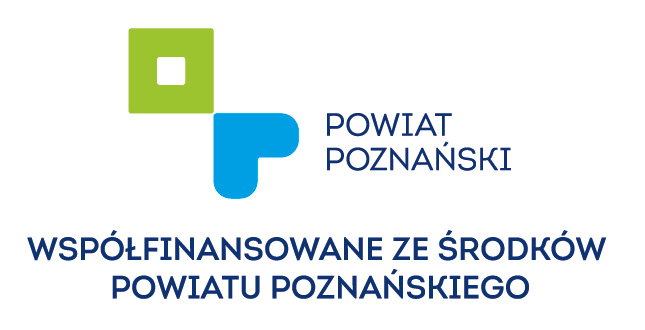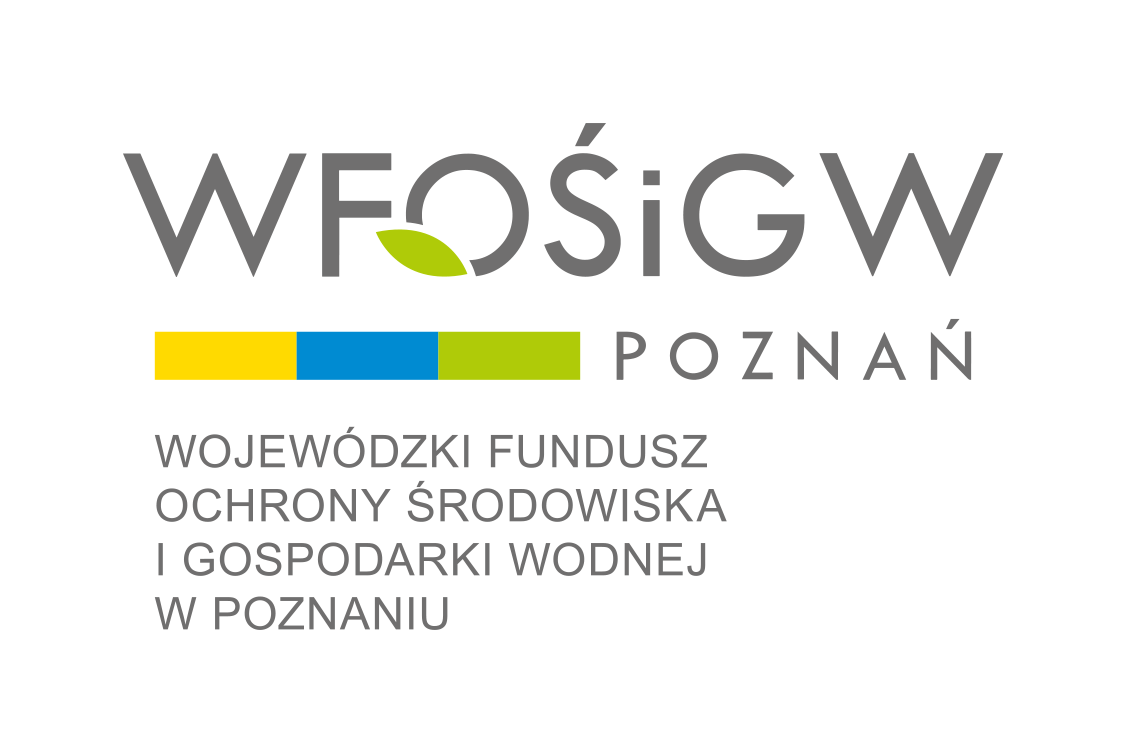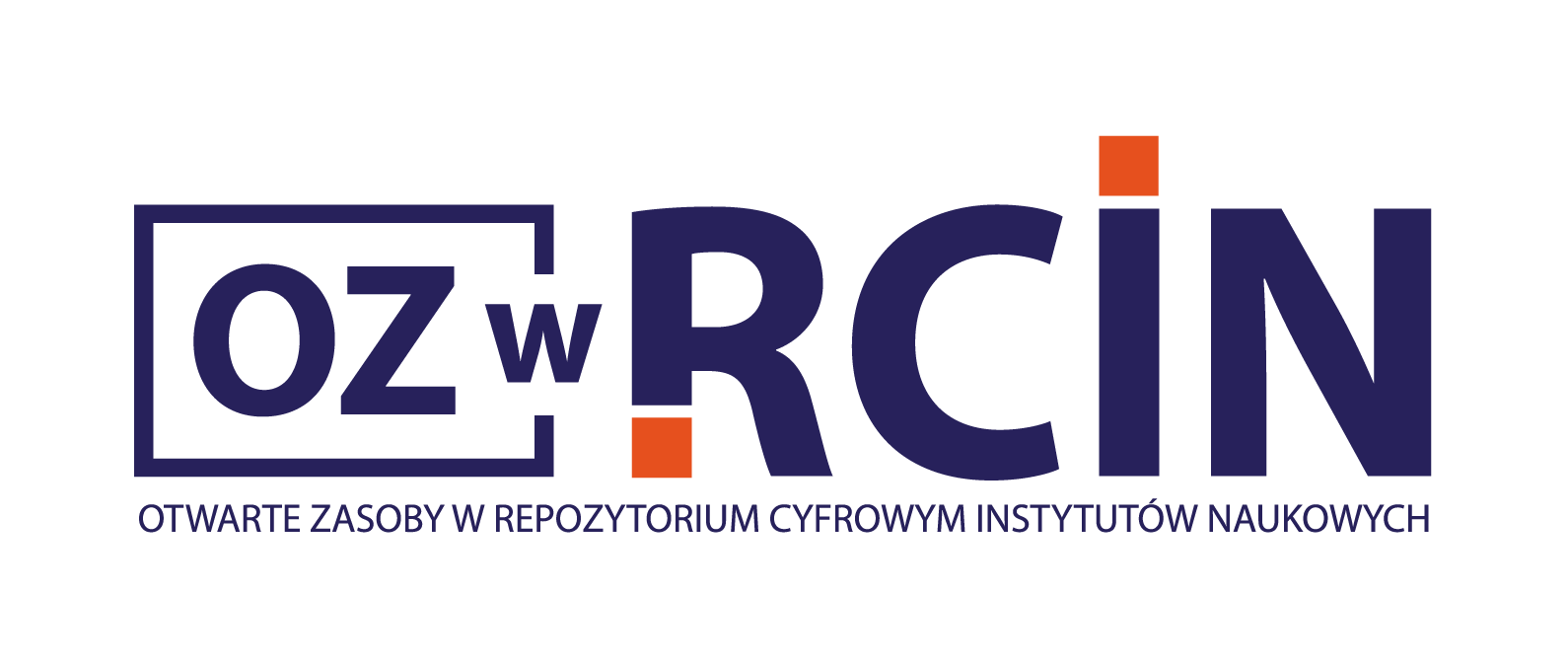85: 105–116
Łukasz Walas, Grzegorz Iszkuło, Zoltan Barina, Monika Dering
Development of microsatellite markers for horse-chestnut (Aesculus hippocastanum), their polymorphism in natural Greek populations, and cross-amplification in related species
Dendrobiology 2021, vol. 85: 105-116
https://doi.org/10.12657/denbio.085.010
Abstract:
New nuclear microsatellite markers (SSRs) were developed for Aesculus hippocastanum, a relict tree species from the Balkan Peninsula. The development of microsatellites was done using the Illumina MiSeq PE300 platform. Out of a set of 500 SSRs designed, a subset of 13 loci was tested using 290 individuals from seven natural populations. Twelve species-specific loci were polymorphic. The number of alleles per locus ranged from 2 to 17 and expected heterozygosity from 0.089 to 0.800 with a mean value of 0.484. The population of Kalampaka had the lowest value of allelic richness (2.63) and gene diversity in comparison to the remaining populations. STRUCTURE analysis confirmed isolation of population Mariolata from the southern edge of the species range and genetic similarity among populations from the Pindos Mts. Additionally, the utility of new SSRs in 29 individuals from nine other Aesculus taxa was tested. Eleven markers gave polymorphic products for all tested species. For 24 individuals, a high-quality product was obtained for each marker. Results confirmed the utility of specific markers for future population genetics studies.
Keywords: Tertiary relict, endemic species, cross-amplification, polymorphism











